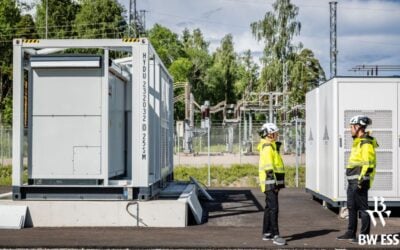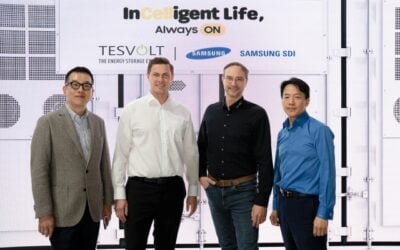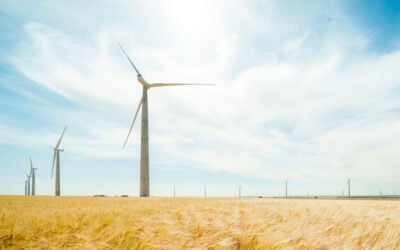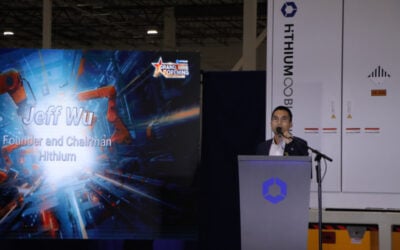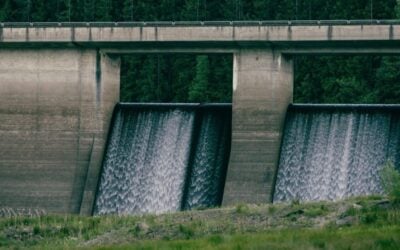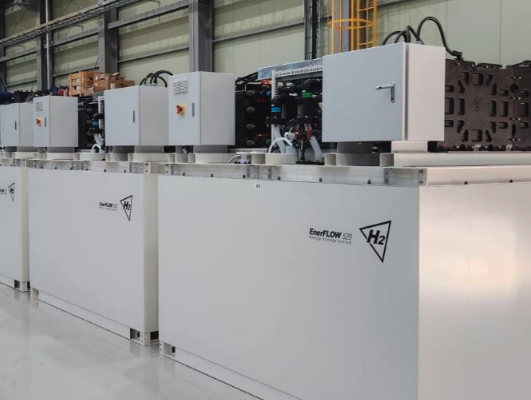
South Korea-based H2, Inc will deploy a 1.1MW/8.8MWh vanadium flow battery (VFB) in Spain in a government-funded project.
The project will be commissioned by the government energy research institute, CIUDEN, as part of a programme funded by the Ministry for Ecological Transition and Demographic Challenge of Spain.
Enjoy 12 months of exclusive analysis
- Regular insight and analysis of the industry’s biggest developments
- In-depth interviews with the industry’s leading figures
- Annual digital subscription to the PV Tech Power journal
- Discounts on Solar Media’s portfolio of events, in-person and virtual
The programme aims to deploy a long-duration energy storage (LDES) solution that could provide maximum power for eight hours, and H2 won its bid in collaboration with local Spanish firms.
H2 will supply the entire battery system using its latest modular flow battery, EnerFLOW 640. It claimed the VFB has the smallest footprint ever achieved with a VFB, thanks to its high-performance stacks, unique three-block design and HyperBOOST technology.
H2’s project in Spain is scheduled to be completed in 16 months, with installation targeted for the second half of 2025, the company said. It will use the project as a launchpad to expand in the European LDES market.
Spain is aiming for 80% renewable energy by 2030 and has set a 20GW energy storage target to achieve this goal.
H2 is working on what it claims is the US’ largest VFB project, a 20MWh system it started work on in December 2021, although has not provided an update since.
The company operates a manufacturing facility with an annual production capacity of 330MWh in Gyeryong-si, South Korea, and closed an US$18 million Series B financing round last year.
Dr. Shin Han, founder and CEO of H2, commented: “Moreover, H2 is planning to build a second VFB factory in South Korea soon to secure gigawatt-hour scale production. Therefore, you can expect to see many more global activities and projects utilising H2’s top-notch flow batteries.”
The technology is often acronymised as VRFBs, for vanadium redox flow battery, and both VFBs and VRFBs been covered extensively here. The technology is one of the most commercially mature LDES ones around but faces challenges in competing with lithium-ion and other solutions on cost.

